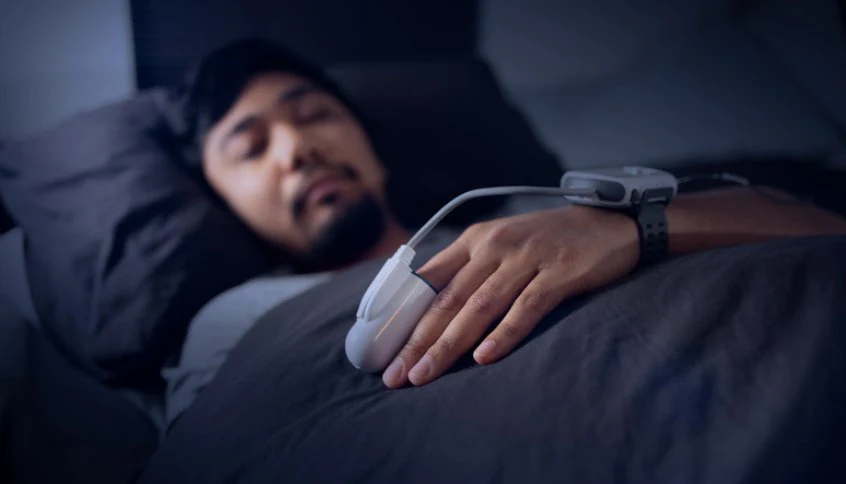Sleep is a cornerstone of health and well-being, yet many people struggle with sleep-related issues that impact their quality of life. A sleep study is a powerful tool used to uncover and address these challenges, offering valuable insights into the mysteries of how we rest. This article explores the purpose, process, and benefits of sleep studies, shedding light on why they are vital for understanding sleep health.
What Is a Sleep Study?
A sleep study, also known as polysomnography, is a diagnostic test that monitors and records various body functions while you sleep. It’s typically conducted in a specialized sleep center or at home using portable devices. The primary goal is to evaluate sleep patterns, detect abnormalities, and diagnose disorders such as sleep apnea, insomnia, restless leg syndrome, and narcolepsy.
Why Are Sleep Studies Important?
Sleep disorders are more than just minor inconveniences—they can significantly affect your overall health. Chronic sleep deprivation or untreated sleep disorders can lead to serious conditions like heart disease, diabetes, obesity, and depression. A sleep study provides an in-depth look at your sleep quality and helps healthcare providers develop effective treatment plans.
The Sleep Study Process: What to Expect
1. Pre-Study Consultation
Before undergoing a sleep study, you’ll meet with a sleep specialist who will assess your symptoms, medical history, and lifestyle habits. This step ensures the study is tailored to your specific needs.
2. Overnight Observation
For in-lab sleep studies, you’ll spend the night at a sleep center. Sensors will be attached to your body to monitor brain activity, breathing patterns, oxygen levels, heart rate, and muscle activity. These measurements provide a comprehensive overview of your sleep cycles and any disruptions.
3. Home Sleep Studies
Alternatively, home sleep studies are more convenient and less intrusive. While they may not capture as much data as in-lab studies, they are particularly effective for diagnosing conditions like obstructive sleep apnea.
Who Should Consider a Sleep Study?
You may benefit from a sleep study if you experience:
- Loud, chronic snoring.
- Frequent daytime fatigue despite adequate sleep.
- Episodes of stopped breathing during sleep (as reported by a partner).
- Difficulty falling or staying asleep.
- Unexplained morning headaches or irritability.
These symptoms often point to underlying issues that can only be diagnosed with a thorough evaluation during sleep.
Benefits of Sleep Studies
1. Accurate Diagnosis
Sleep studies provide precise data, enabling healthcare providers to diagnose specific disorders and recommend tailored treatments.
2. Improved Quality of Life
Treating sleep disorders often leads to better mood, enhanced productivity, and improved overall health.
3. Preventative Care
By identifying sleep issues early, you can mitigate the risk of long-term complications, such as cardiovascular diseases or cognitive decline.
Advancements in Sleep Study Technology
The field of sleep medicine has seen significant advancements in recent years. Modern sleep studies now incorporate AI-driven analytics, wearable devices, and telemedicine options to enhance accessibility and accuracy. These innovations make it easier for individuals to seek help without the need for extensive lab visits.
Final Thoughts: Taking the First Step Toward Better Sleep
Sleep is fundamental to a healthy and fulfilling life. If you suspect you may have a sleep disorder, a sleep study can be the first step toward understanding and addressing your concerns. Whether conducted in a lab or at home, the insights gained from a sleep study are invaluable for improving sleep quality and overall health.
Don’t let poor sleep patterns go unchecked—consult a sleep specialist today and unlock the restorative power of sleep.

